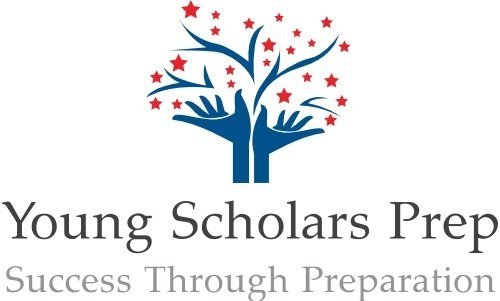Enriched English Program
Our Enriched English program is geared towards Grade 4–9 students. No two Enriched English classes look the same; we tailor and differentiate our curricula and pedagogies based on the needs of the small group classes. We provide formative and summative feedback on students’ work, and assign activities and tasks in accordance to the areas of improvement we identify through our feedback. The primary goal of this program is to help students develop self-efficacy and mastery in 4 key areas of language arts:
Critical thinking: This is the key pillar that distinguishes this program. Students learn to engage in higher order thinking to analyze, synthesize, and evaluate information to formulate ideas and stances on critical topics and issues.
Reading: Students engage in active reading, while applying their critical thinking skills to understand a range of texts, and learn how to identify literary devices within texts.
Writing: Students write a range of materials of varying lengths and purposes. They follow a formal writing process consisting of brainstorming, drafting, editing, and peer reviewing phases.
Oral communication: Students, in their small group classes, engage in speaking and active listening through various activities including formal speeches and debating. In accordance to our primary goal, we endeavour to help students develop self-efficacy and confidence in their speaking skills.
Some activities we implement include:
Essay writing: Students deconstruct and differentiate between the key components of different essay types including creative essays/stories, persuasive essays, compare and contrast essays, and cause and effect essays. For example, students learn that a creative essay/story has a beginning (plot or setting), middle (conflict) and end (resolution), while persuasive essays follow a different format (formal thesis statement, introduction, supporting paragraphs, and conclusion).
Other writing activities: In addition to essay writing, students also engage in writing a diversified range of materials for different audiences, including newspaper articles, book reports, speeches, letters, and more.
Novel study: Students in each Enriched English class read a novel and complete related reading comprehension and writing activities. Novel study is an ongoing activity that students work on along with other tasks and assignments during the program.
Exploring current events: Students amalgamate their reading, writing, and critical thinking skills to understand global events such as globalization, climate change, artificial intelligence and use of technology in society, gender equality etc.
Leadership: Students learn about past and contemporary leaders. Each leader embodies a compelling leadership attribute such as Vision, Charisma, Perseverance, Integrity etc. This component will foster awareness as well as inspire students.
Debates: Students apply their critical thinking skills to deliver persuasive points for a stance they are assigned on a critical issue. Students are encouraged to foster an openminded and respectful space for their peers, by actively listening to one another and providing each other with constructive feedback.
Spelling, grammar, syntax exercises: Students develop a toolkit of essential spelling, grammar, and syntax knowledge. In addition, students complete differentiated grammar and syntax exercises based on their areas of improvement in reading and writing.
**Please note, the learning goals for our Junior English Enriched Program (Grade 4–5 students) has been slightly modified to accommodate this group.
Standard Course: 30 hours of instructions plus materials Cost: $1299 + hst
Extended Course: 50 hours of instructions plus materials Cost: $1599 + hst

